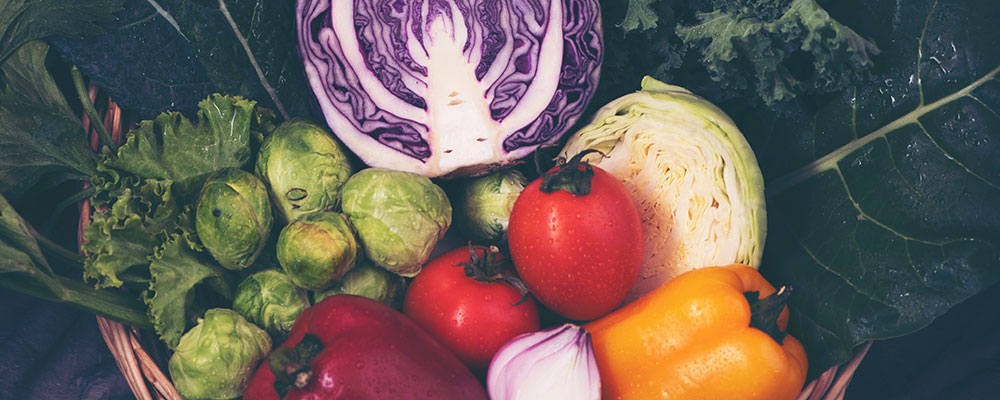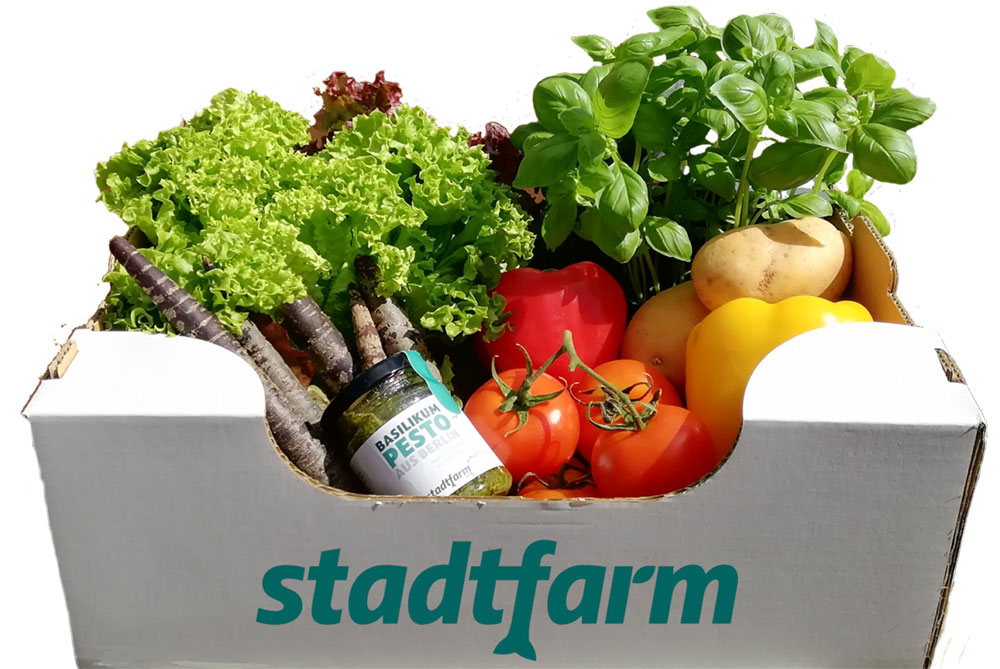Go to Cart 0,00 €
0What makes the Stadtfarm veggie box different from other vegetable box providers?
We do without Europe’s dirty vegetables in our vegetable box
The fruits and vegetables that you get at the discounter and at the health food store or many other vegetable boxes mostly come from abroad. In 2019 alone, about 15 million tons of fruit & vegetables were imported into Germany, according to Statista. The main supplier countries here are Spain and Italy. These countries produce fruit and vegetables at low prices, at which domestic farms can not compete. How is this possible and who actually pays the price?
We took a look at why peppers from Spain are cheaper than beets from Germany.
1 Low wages – harvest workers are systematically exploited
Many harvest workers on the gigantic plantations and greenhouses in Spain and Italy work for low wages, often far below the respective minimum wage. Often they come from poor backgrounds or are refugees who have no documents. This makes them cheap day laborers who live on the edge of legality, recruited on the labor line. Many are not employed on a permanent basis, receive only irregular pay and are forced to work overtime for nothing.
Crowded into slums, they often live in terrible sanitary conditions on the plantations, often right next to the greenhouses in homemade huts and tents made of garbage – without electricity or running water. Many suffer physical ailments from the hard and dangerous work. The system establishes a modern slavery on the backs of people who cannot defend themselves.
Organic farming abroad is no exception. There, too, low-wage workers work in piecework and under inhumane conditions.
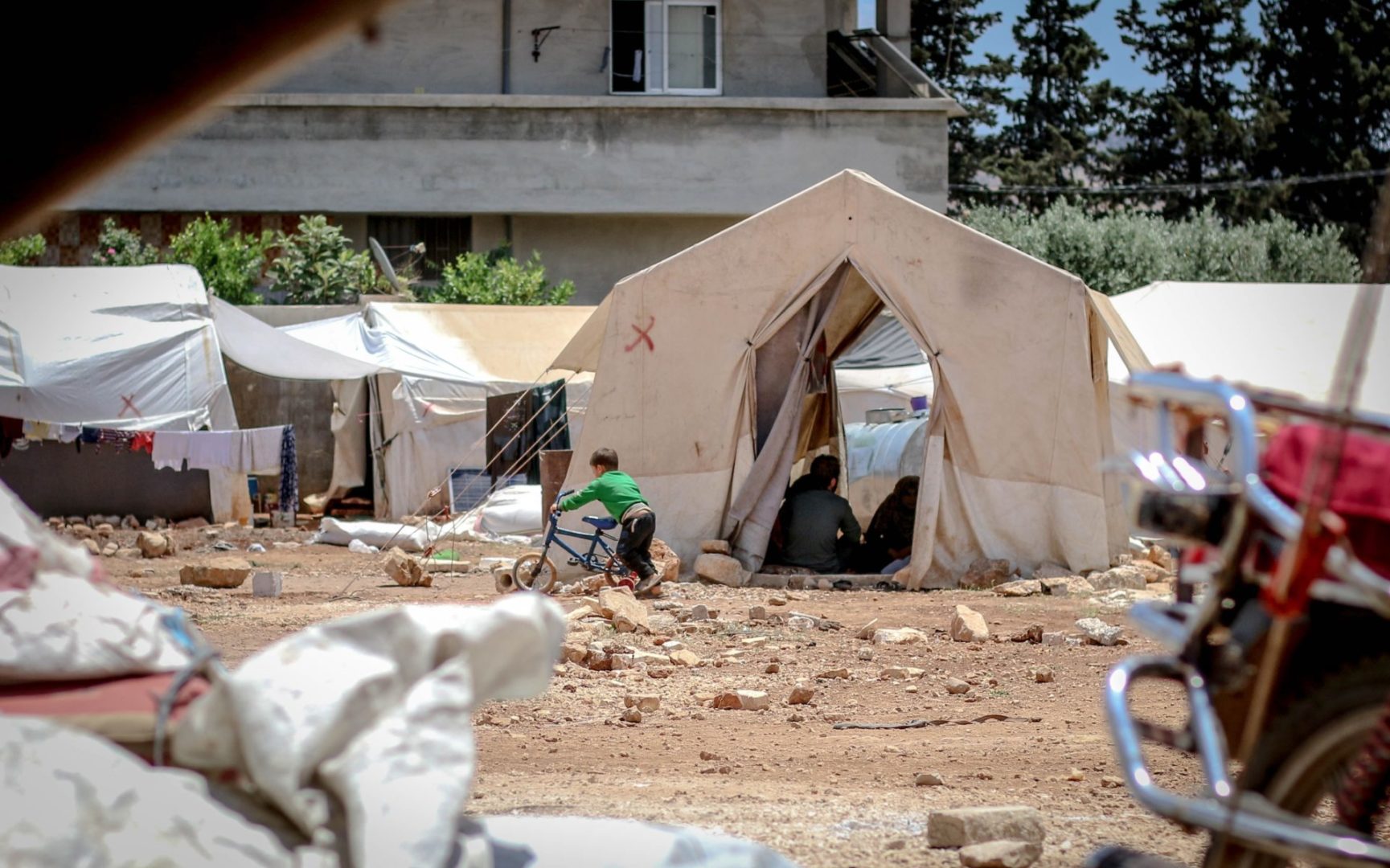
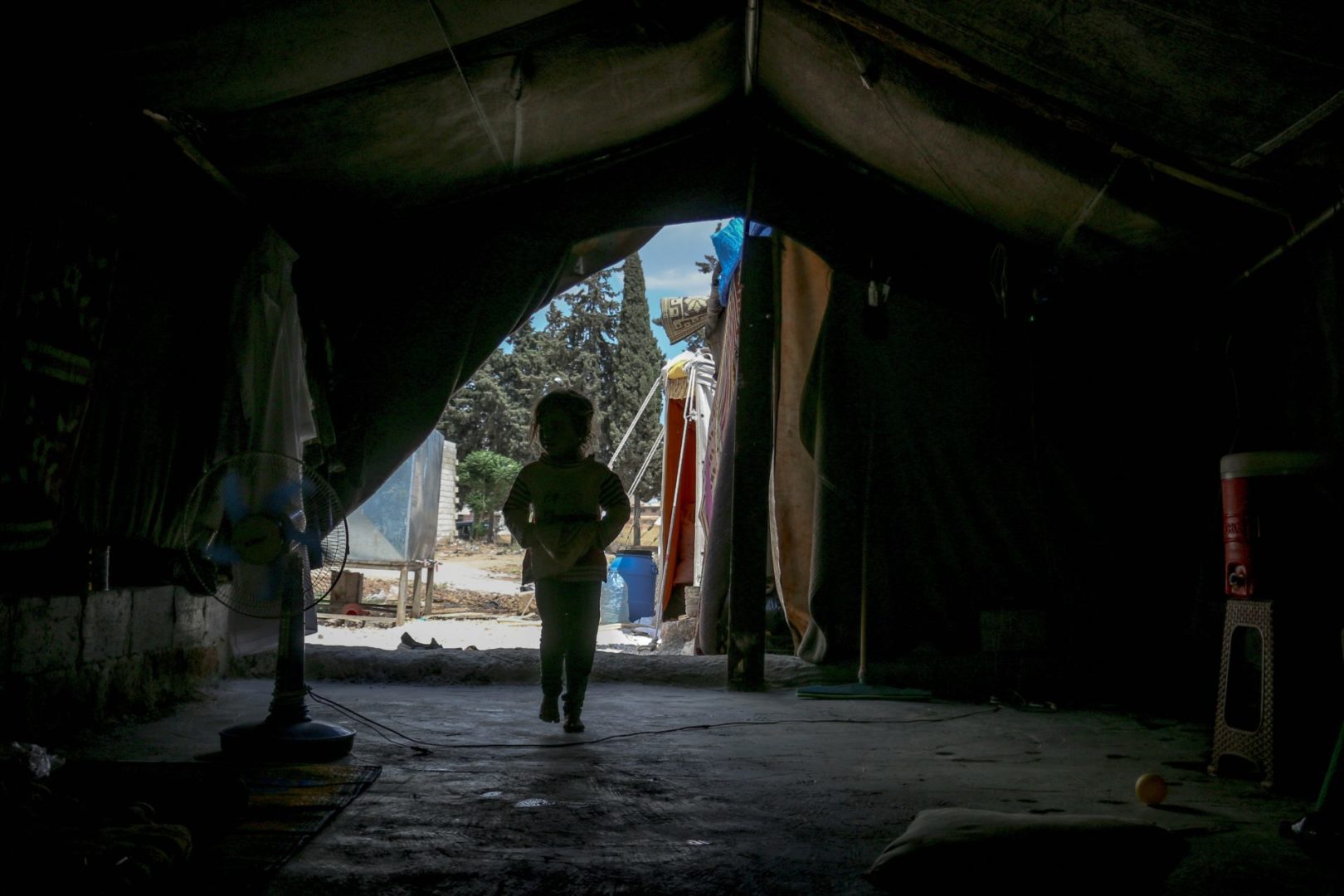
2 Use of chemicals – Without protective clothing when using pesticides
The use of chemical pesticides and fertilizers leads to depleted soils worldwide; in order to still be able to achieve high yields, the massive use of pesticides and insecticides is a sad reality. In the areas around the gigantic plantations and greenhouses, nature is severely affected as a result. Even worse, however, in order to save costs, many of the workers apply pesticides without appropriate protective clothing and suffer massively from the constant impact of the poisons on their health.
At the same time, the often illegal, non-permanent harvest workers receive no health insurance. Due to the starvation wages, they are poorly nourished and often suffer permanent physical and mental damage from the hard work.
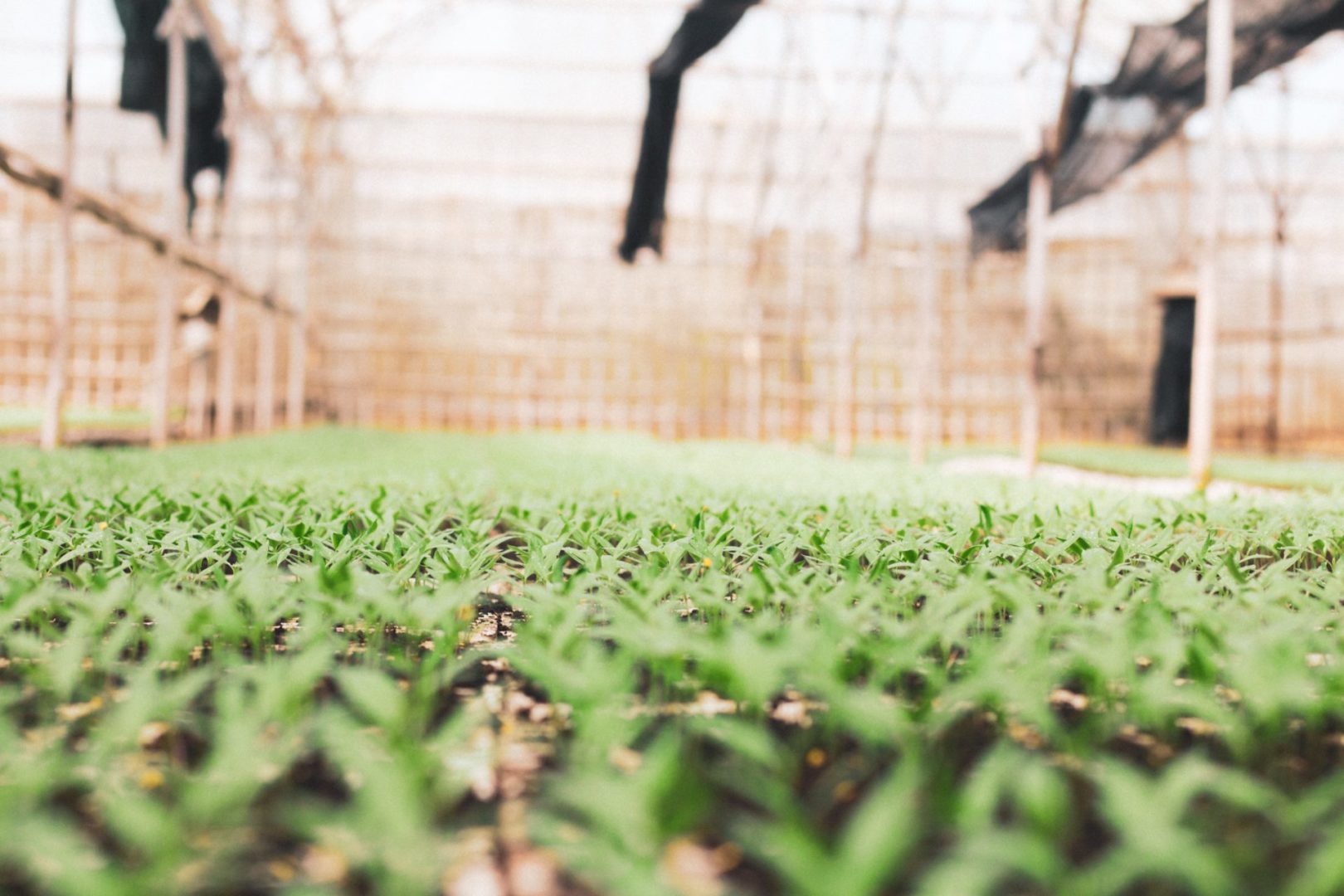
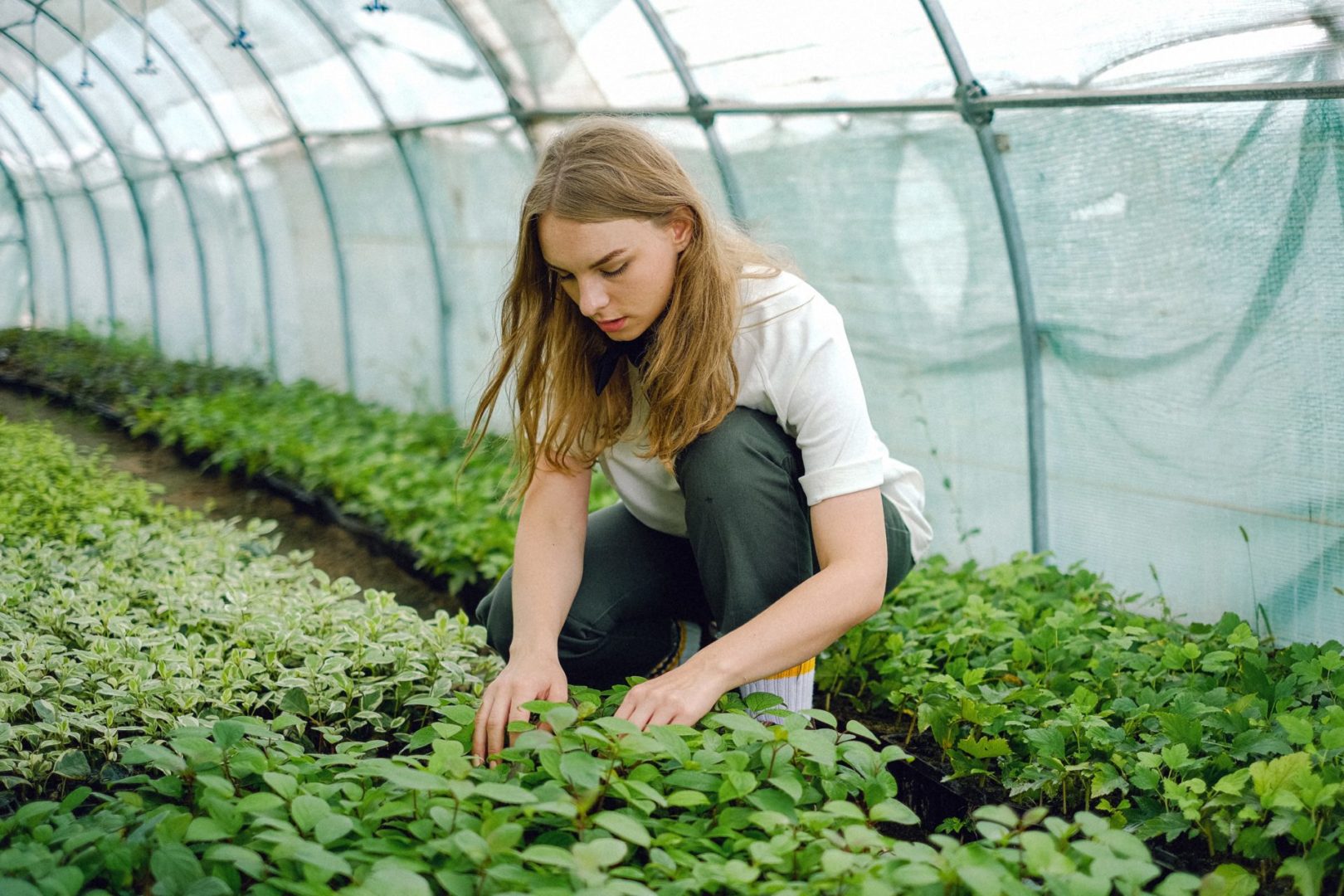
3 EU Subsidy – Exploitation is financed by the EU
The EU subsidizes Europe’s agriculture to the tune of 58 billion euros annually, just under 40% of its total budget. Most of these payments go to large farms, as the amount of payments is linked to the size of the farm. Social aspects such as fair wages and compliance with labor laws are not taken into account in the distribution, nor are violations sanctioned by withdrawal of subsidies. There is about one inspector for every 1,000 farms, and politicians do not seem to want to intervene at all.
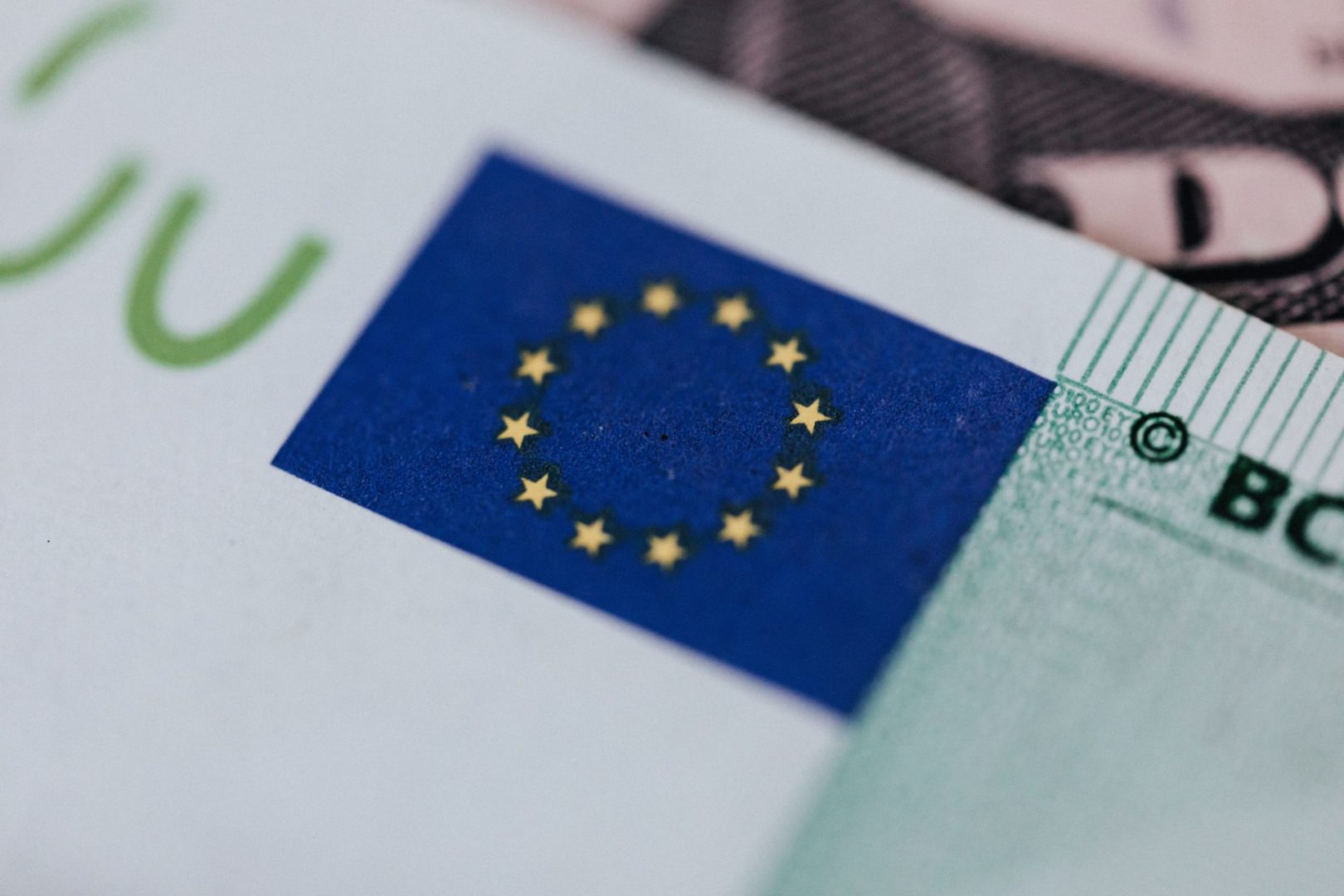
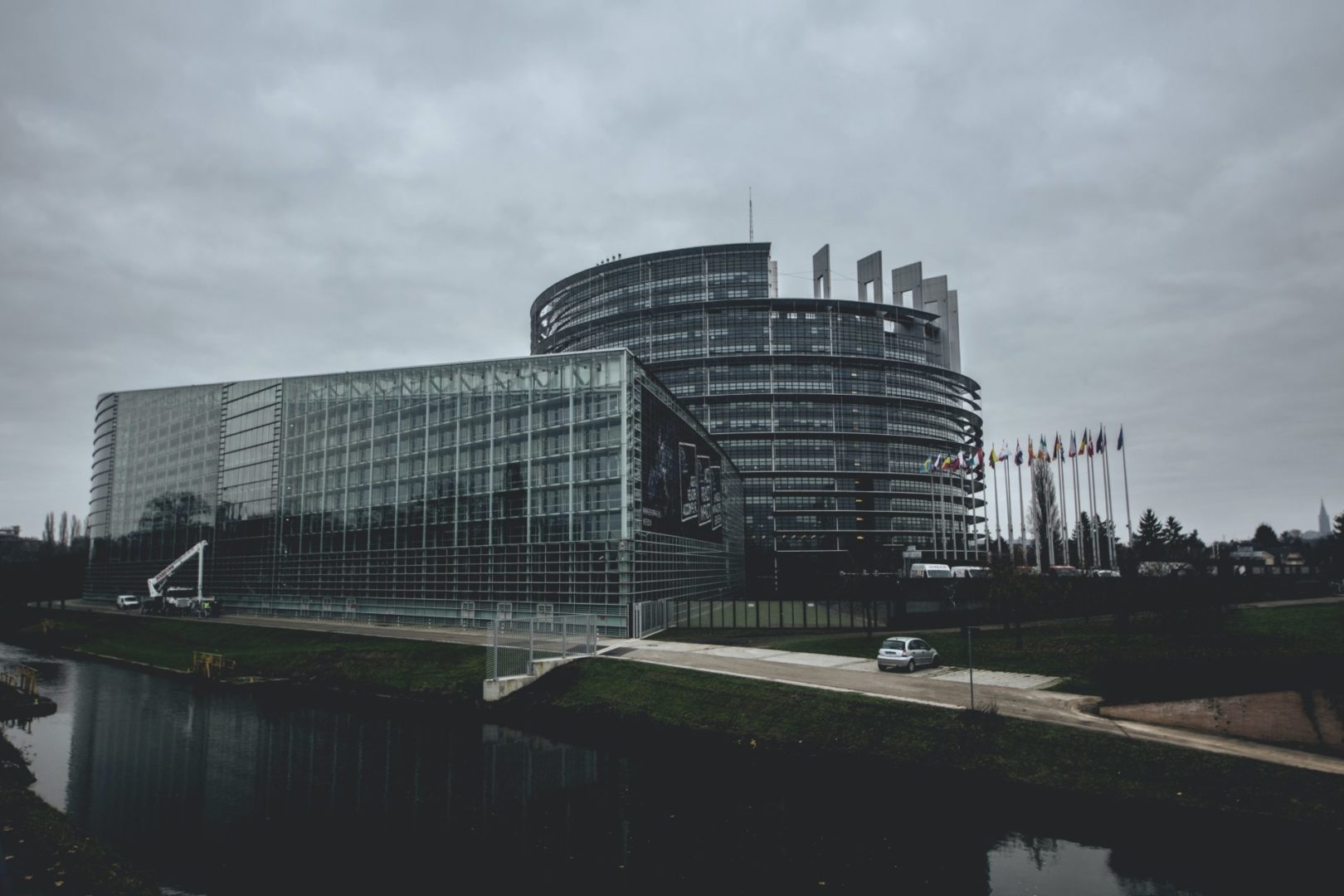
4 Market power – German trade structures share the blame for exploitation
The retail sector bears a large share of the responsibility for the misery of the workers and the environmental pollution caused by conventional agriculture.
Germany’s 4 largest retail groups control more than 85% of the domestic food market and therefore determine the price with their bargaining power. In order to be able to offer ever cheaper prices, they put the producers under pressure. Anyone who can’t keep up with the price dumping is thrown out. Often, suppliers have no choice but to accept this – at the expense of people and the environment.
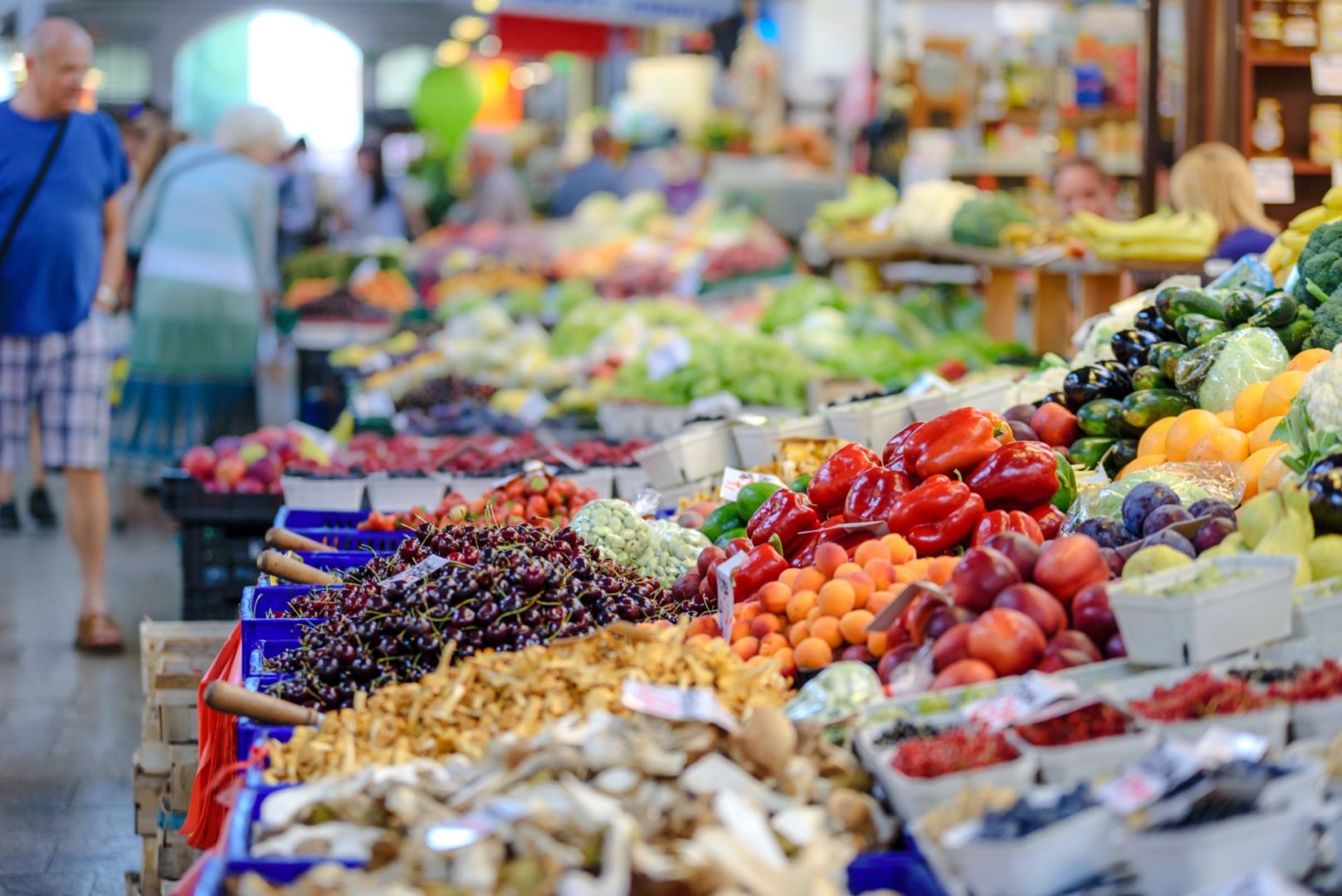
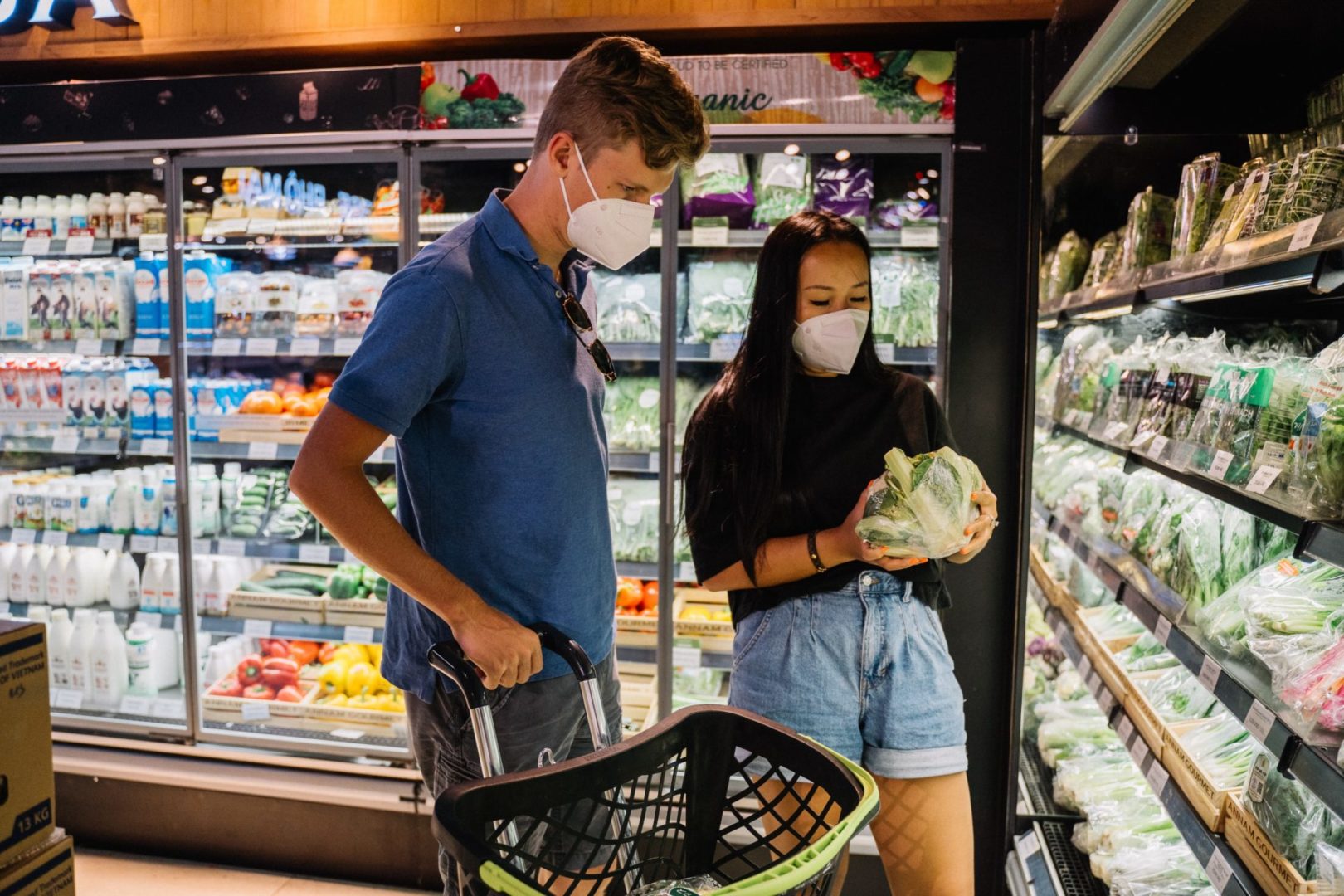
We are of the opinion that there is another way!
That’s why you will find in our assortment as well as in our vegetable box exclusively home-grown StadtFarm products and organic fruit & vegetables from regional cultivation within Germany.
With us, you can be sure that the fruits and vegetables you find in our assortment come from farms that comply with social and environmental standards.
Everything that we cannot produce locally ourselves (such as root vegetables) we buy from organic farms in the region, at most from Germany. That’s why, in contrast to other vegetable boxes / vegetable crates, we also call them “cabbage and turnips” instead of “peppers and grapefruit” in winter.
With this we want to contribute to fair prices for fair farmers – and also make an important contribution to environmental protection by avoiding long delivery routes and not supporting large-scale industrial standards.
With us, you can see what’s inside. You can pick up your vegetable box on site and supplement your purchase with delicious food from StadtFarm and our market people. We produce our own products on site in Berlin, directly at the producer’s location, as ultra-local to the people as possible. Our salads, tomatoes or peppers do not have to be transported through half of Europe first. Regional & seasonal for all!
- Only regional fruits & vegetables in every box
- 100% StadtFarm plus organic from Germany
- Short distances from the farm to the people
- Matching recipes every week, super easy & delicious!
- See what’s inside! Pick up your veggie box locally & do your walk-in shopping at the StadtFarm.
Come join our StadtFarm community too and make tomorrow’s world a little better today!
Sources:
https://www.greenpeace.de/themen/landwirtschaft/pestizide
https://www.greenpeace.de/themen/landwirtschaft/pestizide/greenpeace-erfolg-im-gemusegarten-europas
https://web.br.de/interaktiv/dreckige-ernte/
https://de.statista.com/statistik/daten/studie/206617/umfrage/importmenge-von-obst-und-gemuese-nach-deutschland/#statisticContainer
https://ec.europa.eu/info/food-farming-fisheries/plants-and-plant-products/fruits-and-vegetables_de

